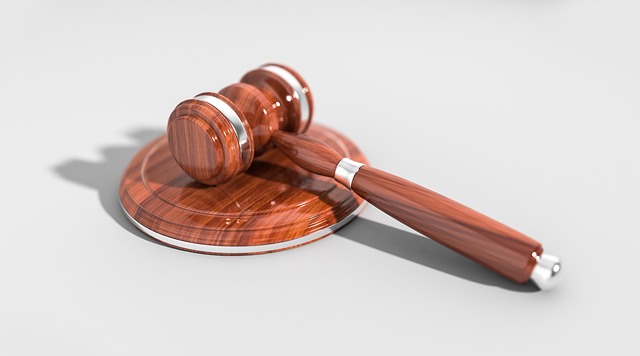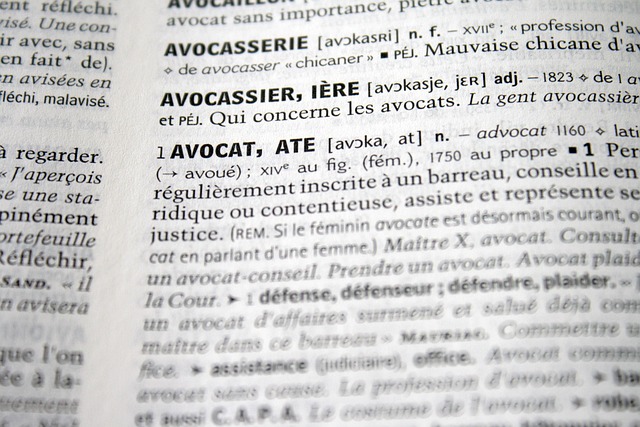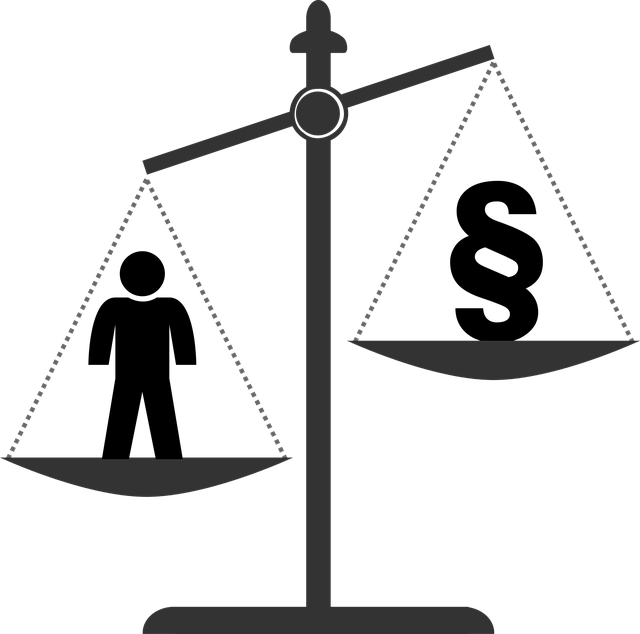Whistleblower Protection Laws safeguard individuals exposing organizational illegality or unethical activities, offering crucial protections like immunity from prosecution and shielding against adverse employment actions. For defendants facing whistleblower lawsuits, understanding this intricate legal landscape is essential for balancing organizational integrity with individual rights. Effective strategies involve documenting communications transparently, examining actions within industry standards, and presenting well-reasoned arguments based on legitimate business interests to secure favorable outcomes in criminal cases.
“Whistleblower Protection Lawsuits: Navigating Complex Legal Terrain for Defendants
In an era where corporate and government misconduct is often exposed, whistleblower protection lawsuits have become a significant legal landscape. This article explores the rights of defendants facing criminal cases stemming from their role as whistleblowers. We’ll delve into the framework of whistleblower laws, the unique challenges they present, and essential strategies to defend against such claims. Understanding these dynamics is crucial for both defendants and their counsel in navigating complex criminal cases.”
- Understanding Whistleblower Protection Laws: A Framework for Defendants' Rights
- The Legal Landscape: Navigating Criminal Cases as a Defendant
- Challenges Faced by Defendants in Whistleblower Protection Lawsuits
- Strategies and Defense Mechanisms for Protecting Defendants' Rights
Understanding Whistleblower Protection Laws: A Framework for Defendants' Rights

Whistleblower Protection Laws are designed to safeguard individuals who expose illegal or unethical activities within organizations from retaliation. These laws provide a framework that balances the public interest in exposing wrongdoing with the rights of defendants in criminal cases. For defendants facing charges stemming from whistleblowing, understanding these protections is crucial. They offer a shield against adverse employment actions, legal protections during investigations, and even potential immunity from prosecution under certain circumstances.
Knowing their rights enables defendants to navigate complex legal landscapes effectively. This knowledge can lead to achieving extraordinary results in general criminal defense scenarios, ensuring that the principles of fairness and justice are upheld. Ultimately, these laws foster a culture where whistleblowers are encouraged to come forward without fear of retribution, thereby promoting transparency and accountability in various sectors.
The Legal Landscape: Navigating Criminal Cases as a Defendant

When a defendant faces whistleblower protection lawsuits, understanding the legal landscape is crucial. Navigating criminal cases as a defendant requires knowledge and advocacy to protect one’s rights in these complex matters. In the world of whistleblower protections, defendants often find themselves in a unique position; they must defend against allegations that could potentially expose vulnerabilities within their respective businesses. This involves a meticulous balancing act between protecting the integrity of the organization and ensuring individual due process rights are not infringed upon.
The general criminal defense strategy should focus on presenting robust evidence and arguments to counter the whistleblower’s claims. Skilled legal representation can help defendants navigate the intricacies of these cases, aiming for the complete dismissal of all charges if the circumstances allow. It is essential to remember that every case is unique, and a tailored approach is necessary to achieve favorable outcomes in whistleblower protection lawsuits.
Challenges Faced by Defendants in Whistleblower Protection Lawsuits

Whistleblower Protection Lawsuits present unique challenges for defendants in criminal cases. Often, individuals who expose wrongdoing face fierce retaliation, making it crucial to understand their rights under these laws. While defendants have a fundamental right to due process and a fair trial, they also navigate a complex landscape where protecting whistleblowers is a priority. This balance can be delicate, as defendants may struggle to mount a robust defense without facing harsh consequences or even a complete dismissal of all charges.
The complexities intensify in white-collar defense cases, which involve intricate financial and legal matters. Defendants must assert their rights while navigating all stages of the investigative and enforcement process. Strategizing effectively requires a deep understanding of both the whistleblowing laws and the specifics of each case to ensure a just outcome, avoiding unnecessary legal hurdles that could prolong the process or result in severe penalties.
Strategies and Defense Mechanisms for Protecting Defendants' Rights

When facing whistleblower protection lawsuits, defendants have a range of strategies and defense mechanisms at their disposal to safeguard their rights in criminal cases. One key approach is to thoroughly document all communications and actions related to the whistleblowing incident. This includes maintaining detailed records of any discussions, meetings, or correspondence that could be perceived as relevant to the lawsuit. Such documentation can significantly strengthen the defendant’s position by demonstrating transparency and good faith efforts to address potential wrongdoing.
Additionally, focusing on the specifics of the respective business operations and practices is crucial. Defendants should meticulously examine their actions in context, ensuring they adhere to industry standards and legal obligations. By presenting a well-reasoned argument that their decisions were based on legitimate business interests and not malicious intent, defendants can work towards winning challenging defense verdicts. This strategy involves a nuanced understanding of both the legal framework governing whistleblower protection and the unique circumstances surrounding the respective business.
Whistleblower Protection Lawsuits present unique challenges for defendants, particularly within the complex legal landscape of criminal cases. Understanding and leveraging defendants’ rights as outlined in these laws is crucial for ensuring fair outcomes. By navigating the intricacies of whistleblower protection legislation, defendants can employ strategic defenses to safeguard their interests. This comprehensive guide offers a framework for both recognizing and exercising these rights, ultimately fostering a more balanced approach to resolving such sensitive matters.






